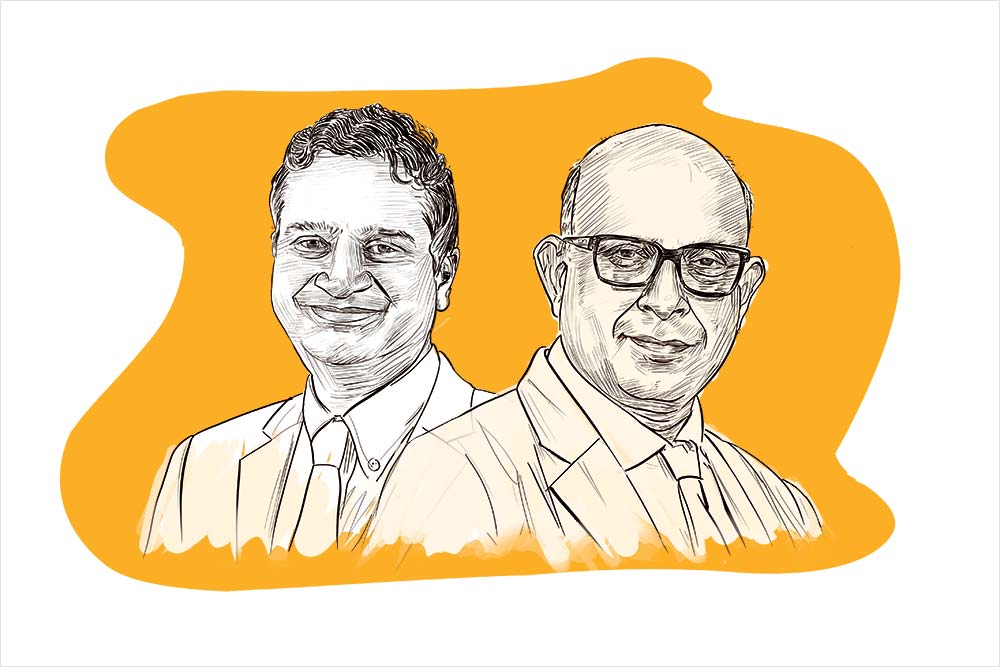The second Covid wave has fostered a severe social and economic crisis, affecting lives and livelihoods, and posing a grave threat to India’s economic recovery. In a candid interaction with Jyotika Sood, Madan Sabnavis, Chief Economist at Care Ratings, and Joseph Thomas, Head of Research at Emkay Wealth Management, share their views on sectors that might be on the edge in the next three quarters and how the Indian investors are supposed to act to save themselves from setback.
Which sectors of the economy would be the worst performers in the next three quarters?
Sabnavis: For India, the three sectors that will be pressured the most will be hotels and restaurants, entertainment, and tourism and retail. Close to them will be travel and commercial real estate. This is so because of the lockdowns and the inability to operate as they cannot ensure social distancing. Also, these segments will open up in the later stages as they are not areas of priority.
Thomas: All sectors are bound to do fairly well in an economy that is expected to expand in the next few years. There may be a lag in the performance of some sectors, which is quite a natural thing, which actually facilitates sectoral rotation.
Do you think the performance-linked incentive (PLI) scheme will help sectoral revival?
Sabnavis: The PLI scheme gives a return of 4-6 per cent of turnover based on a certain level of incremental investment and turnover made over a specified period. This will not work immediately and also has a bias towards larger companies. PLI is a medium-term policy. In depressed times like this when demand is constrained again for the second year, meeting the output target will be challenging.
Thomas: The support from the government will definitely help. But we need to bear in mind that the benefits of these incentives will accrue as production expands and growth revives, both of which are more demand-driven. We may get the first indications of the desired impact in the second half of the year.
Do you expect a change in people’s savings or investment behaviour?
Sabnavis: As people can’t spend in this situation, they have to save. Savings is taking place in cash as well as in financial instruments. Within financial instruments, with high cumulative inflation and low returns on deposits, there is a temptation to move to stocks and mutual funds. Investments will be limited as consumption is low which has led to low levels of capacity utilisation rate in most sectors.
What is suggestion for the investors in the backdrop of the Covid situation?
Thomas: The investors should not be too worried about the second and the third wave, as the vaccination drive is going to become more intense and widespread with state governments taking the initiative and import of vaccines. One should not be too much carried away by the sectoral preferences expressed or voiced, but make sure that one is invested into well diversified portfolios in the managed funds space. As I had mentioned earlier a couple of times in the last two months, midcaps and select small caps will do quite well and that is the space one should be looking at.

